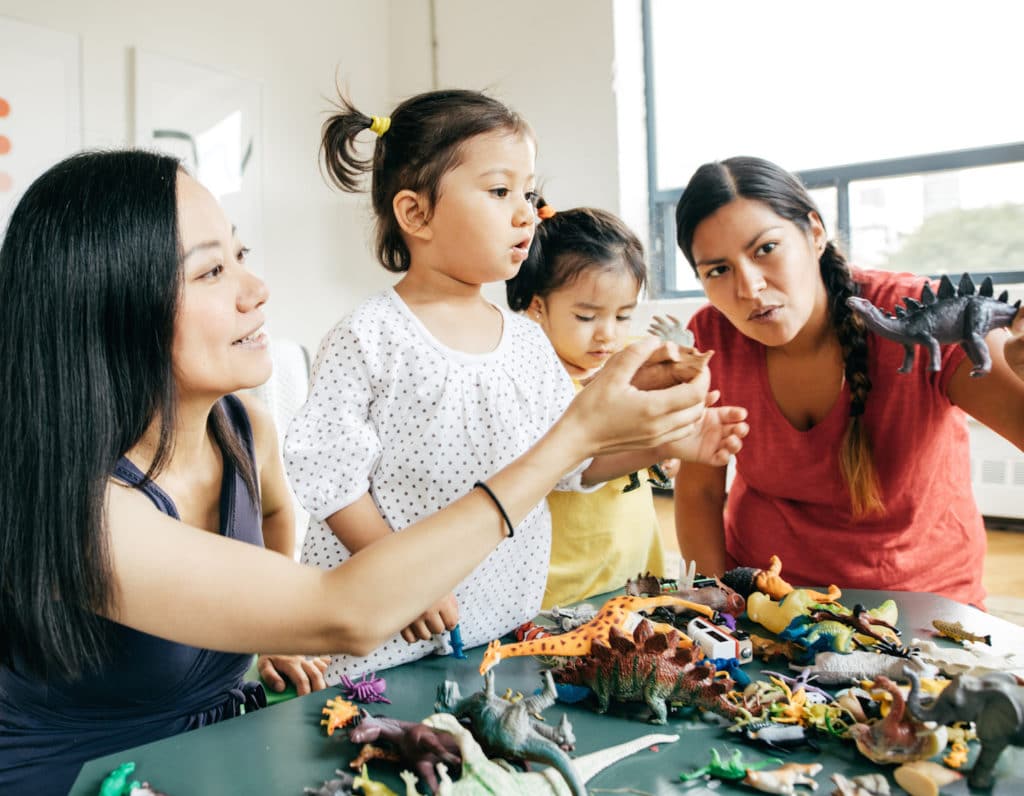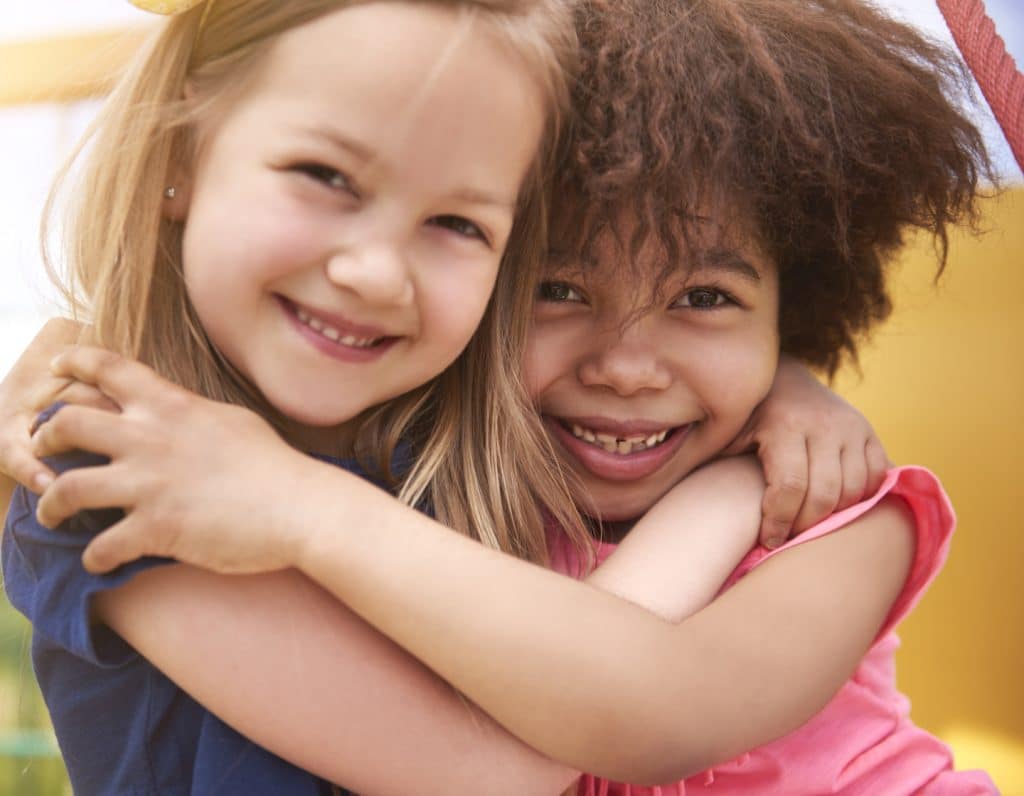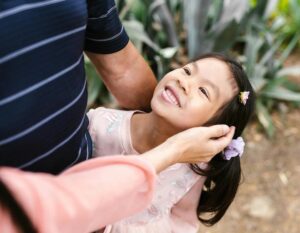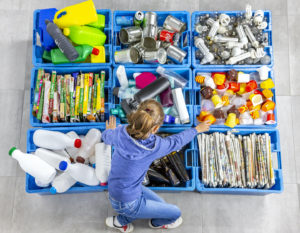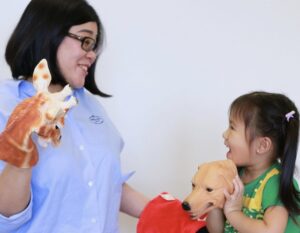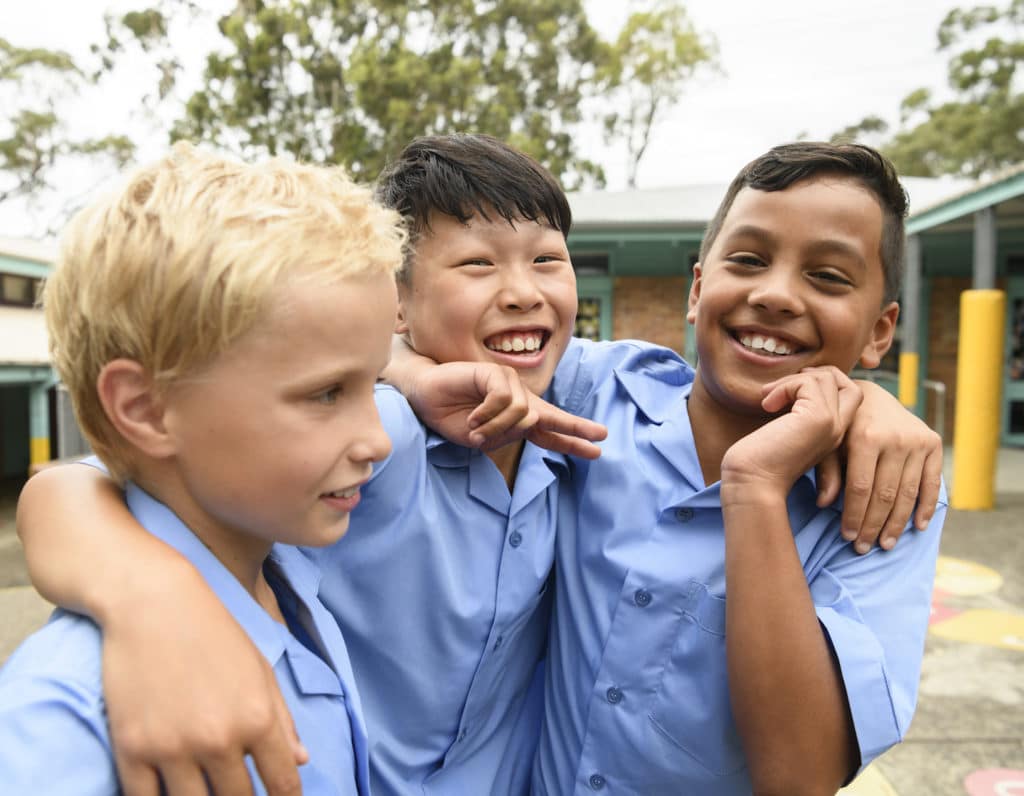
 Post Category - ParentingParenting
Post Category - ParentingParentingIt’s so important to talk to our kids about race and racism – here are some useful parenting resources to inform your conversation for kids of every age
Mamas Joline Lim and Imelda Bonnett, admins of the Respectful/Mindful Parenting group from Chapter Zero Singapore, shared their own experiences dealing with racism in Singapore and talking to their children about it. Below, they have provided parenting resources to help kickstart your journey talking to your kids about race and racism.
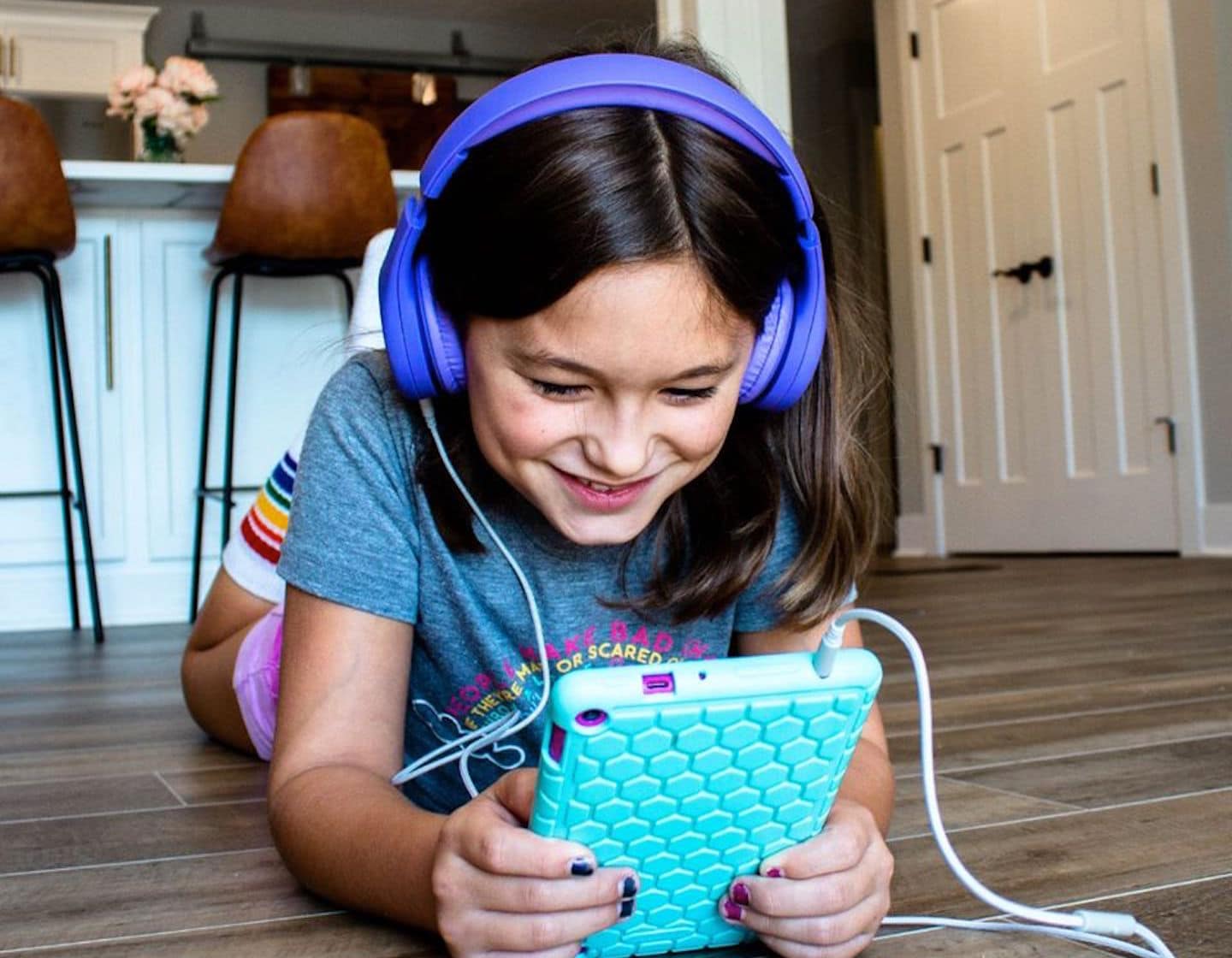
Podcasts That Teach About Race
Your Parenting Mojo, a research-based parenting site, has a great series of podcasts that talk about concepts of implicit bias, privilege in parenting, and how to talk about and teach race. Armed with information on these concepts, you can raise your children to think critically about perceptions and beliefs.
- Wait, is my toddler racist?
- Talking with children about race
- Teaching children about issues relating to race
- White privilege in parenting: What it is, and what to do about it
Some other excellent podcasts for parents covering topics relating to race and social justice include Code Switch by NPR, Pod Save the People by Crooked Media, and The Good Ancestor Podcast with author and anti-racism education Layla F. Saad. Brené Brown also did an excellent interview this week with Ibram X. Kendi, author of How to be an Antiracist (and Antiracist Baby).
Resources on Race and Racism
- This comprehensive guide from The New York Times covers how to be more empathetic
- The Conscious Kid (also an excellent resource follow them on Instagram)
- EmbraceRace
- Teaching for Change
- Parent Toolkit: How to Talk to Kids about Race and Racism
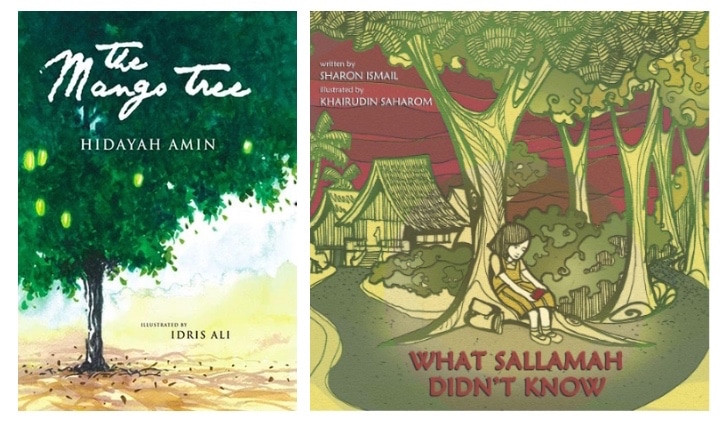 Diversity in Children’s Books
Diversity in Children’s Books
According to Rudine Sims Bishop, Professor Emerita of Education at the Ohio State University, “Books are sometimes windows.” Books can help us understand others who are different from us by opening a window into their human experiences, and “change our attitudes towards difference,” whilst also enabling us to reflect on similarities in our lives as we step into the shoes of the characters in the story.
Storytelling is one of the easiest ways to teach children about race, equity, diversity and inclusion. Children’s books that celebrate diversity play a very big role in raising race-conscious children that become engaged, educated and empathetic members of society, as they help to reduce stereotypes and combat prejudice. Children need maps in order to help them navigate an increasingly global society, and if they only read books that represent their own backgrounds they might think that these experiences are the only ones that matter.
Asian literature
- Friends – A Counting Book: This locally published 1-12 counting rhyme book features a diverse range of children
- Maddie Makes Friends & Maddie’s New Neighbour by Ho Lee-Ling: A story set in Singapore’s HDB heartlands
- There is a good range of books with local, Asian and inclusive themes by publisher Epigram including:
- The Amazing Sarong by Quek Hong Shin
- The Incredible Basket by Quek Hong Shin
- The Brilliant Oil Lamp by Quek Hong Shin
- There Was a Peranakan Woman Who Lived in a Shoe by Gwen Lee
- Jack and Jill Climb Bukit Timah Hill by Gwen Lee
- Saturday’s Surprisingly Super Duper Lesson by Jolene Tan
- The Mango Tree by Hidayah Amin
- What Sallamah Didn’t Know by Sharon Ismail
- Here is a series of 45 children’s books featuring South Asian history and culture
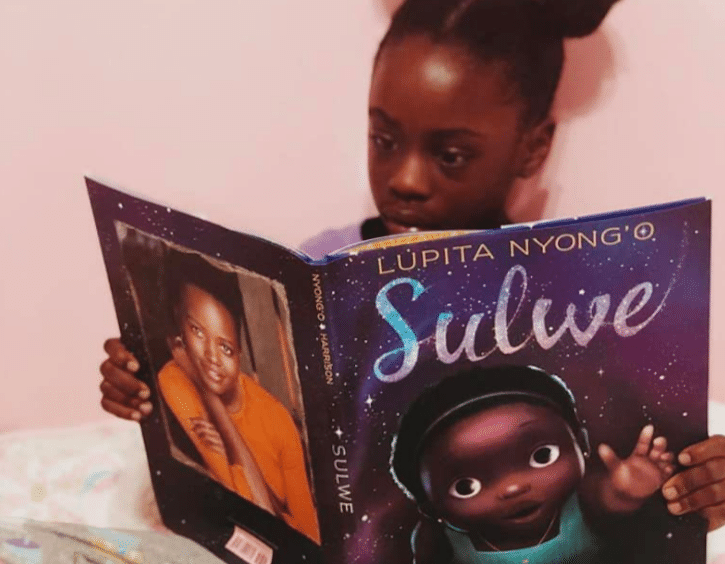
International literature
- What’s the Difference? Being Different is Amazing by Doyin Richards
- Whoever You Are by Mem Fox
- Sulwe by Lupita Nyong’o
- The Colors of Us by Karen Katz
- Everyone Matters by Pat Thomas
- This is How We Do It by Matt Lamothe
- Everybody Cooks Rice by Norah Dooley
- Say Hello! By Rachel Isadora
- Mae Among the Stars by Roda Ahmed (story of the first African American woman to travel in space, Mae Jemison)
- AntiRacist Baby by Ibram X. Kendi
- Or ask your friendly librarian for their recommendations of books!
Connect with other parents
Join online facebook groups like Respectful / Mindful Parenting Singapore to connect with parents. It is a safe space to learn and discuss about respectful / mindful parenting styles and compassionate communication.
You might be interested:







 View All
View All




 View All
View All









 View All
View All


